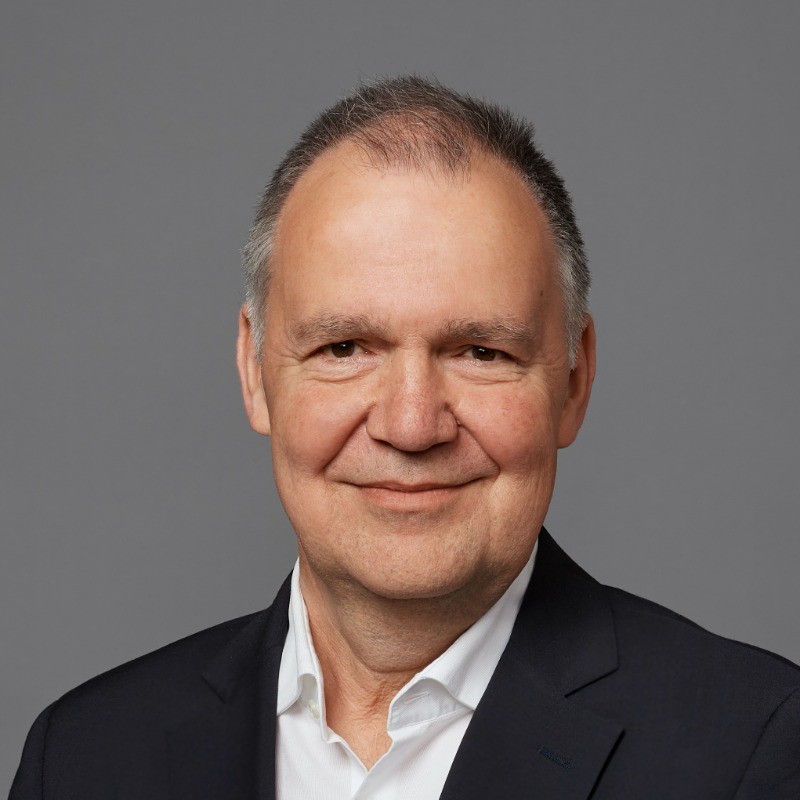Sanofi and Regeneron’s Dupixent hit all endpoints in a trial evaluating the IL4 and IL13 inhibitor in patients with bullous pemphigoid, a rare skin condition that can cause itching and large blisters.
The French drugmaker plans to submit for approval in the US later this year based on the data, which showed that five times more patients on Dupixent achieved sustained disease remission compared to those on placebo. In the 106-patient study, which lasted 52 weeks, 20% of Dupixent patients experienced sustained disease remission at 36 weeks compared to 4% for placebo.
 Dietmar Berger
Dietmar Berger“There is a significant unmet medical need for new medicines for people suffering with this hard-to-treat disease in which the standard of care is oral and topical corticosteroids and immunosuppressants,” Dietmar Berger, Sanofi’s CMO and global head of development, said in a statement. “These positive pivotal results for bullous pemphigoid add to an immense body of scientific evidence that underscores the important role IL4 and IL13 play in driving diseases characterized by itch.”
In the Phase 2/3 study’s secondary endpoints, 41% of patients saw a 90% or more reduction in disease severity, and 40% of Dupixent patients had a clinically meaningful reduction in itching.
As for safety, the most common adverse events in the Dupixent arm included peripheral edema, arthralgia and back pain.
The companies also shared positive Phase 3 data on Wednesday for Dupixent in another skin disease characterized by itch. They said Dupixent met the primary endpoint in a trial for patients with chronic spontaneous urticaria and they now plan to resubmit the drug to the FDA by the end of the year.